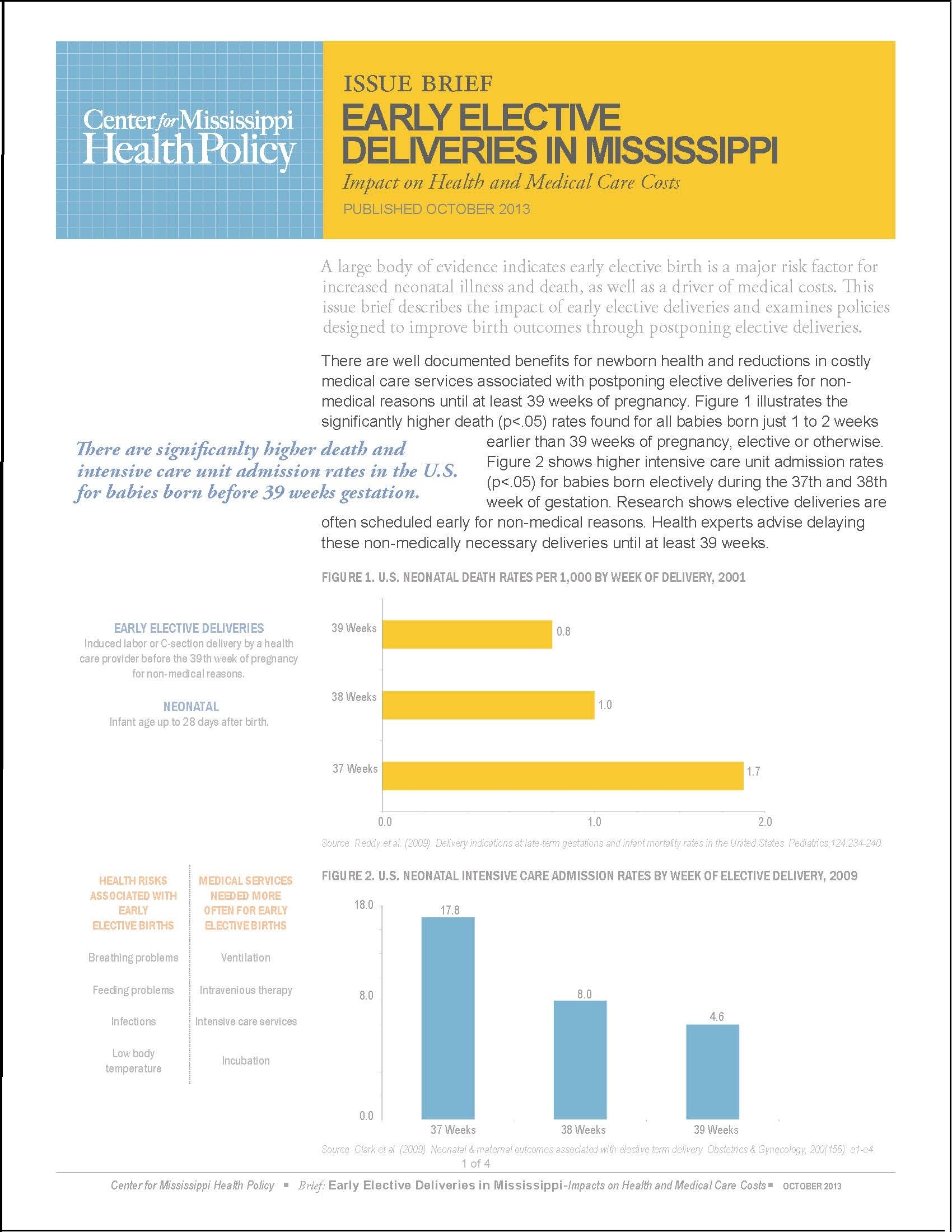Mississippi has enacted policies that are considered a model for trauma system development by other states. Much of the success of Mississippi’s system is derived from a stable funding structure established in statute. Recent statutory changes threaten to weaken this structure. The Center for Mississippi Health Policy has prepared an issue brief that summarizes the impact of these changes and explores options for strengthening funding for the system.
Background
In 2008, the Mississippi Legislature enacted HB 1405, providing a … Read more...

